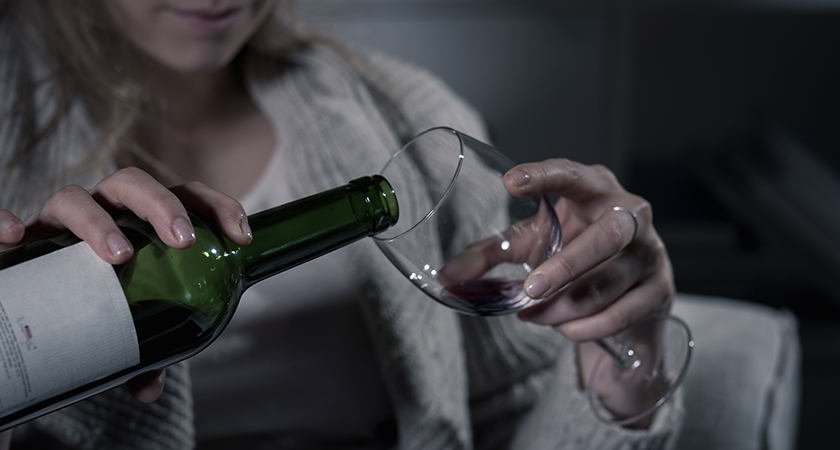Parents' low level drinking in front of their children can cause their child to feel worry and anxiety, experts have warned.
The report, 'Like sugar for adults,' has highlighted the anxiety and worry children can feel about parents’ drinking.
Published by the Institute of Alcohol Studies (IAS) in partnership with the Alcohol and Families Alliance and Alcohol Focus Scotland, the study used an online survey of almost 1,000 parents and their children and focus groups who reported their alcohol consumption as less than 14 units a week.
According to the study, parents do not have to regularly drink large amounts of alcohol for their children to notice changes in their behaviour and experience negative impacts.
Having seen a parent tipsy or drunk was associated with children feeling worried as well as experiencing at least one of a range of negative impacts, including feeling less comforted than usual, facing more arguments, unpredictable parental behaviour and disrupted bedtime routines.
Almost one third of parents said they had been drunk in front of their children, while over half - 51 per cent - admitted being tipsy.
One in three parents also believe it is ok to get drunk in front of their child as long as it didn't happen regularly.
According to the research, the more parents drunk, the more likely children were to experience a range of harms, beginning from relatively low levels of drinking.
For children, seeing their parent tipsy or drunk almost one in five said they felt embarrassed while one in ten said it made them feel worried.
 More drinking is done in living rooms than pubs, says one expert. (Picture: iStock)
More drinking is done in living rooms than pubs, says one expert. (Picture: iStock)Seven per cent said their parent argued with them more than usual while eight per cent said their parent had been 'unpredictable' while drunk.
The study said 15 per cent of children had asked their parents to drink less and 16 per cent of parents reported feeling guilty or ashamed of their parenting as a result of their drinking.
The launch of 'Like sugar for adults' was marked by a parliamentary event led by Rt Hon Caroline Flint, who said: "This study clearly shows that children know a lot about their parents drinking, and that the more parents drink the higher the likelihood of their child facing a problem. It seems likely that many parents do not realise this.
"We too quickly dismiss parental drinking as harmless fun and relaxation, but this report shows that parents do not need to be regularly drinking large amount for their children to see a change in their behaviour and experience problems."
Viv Evans, of the Alcohol and Families Alliance, said: "We recognise that parenting is difficult and we live in a culture which is remarkably accepting of alcohol. We hope that this study goes some way to supporting parents in a difficult job, and alerting us all to the importance of preventing problems with alcohol before they arise."
Alison Douglas, Chief Executive of Alcohol Focus Scotland said:“These days, far more drinking takes place in living rooms than pubs, with three quarters of all alcohol in Scotland sold by supermarkets and off-licences.
"This means children are more likely to be around alcohol and to witness drunkenness. As well as the negative impacts on children’s wellbeing, seeing how adults drink can have a big influence on our children’s future drinking habits.
"It’s time for effective action to protect children and families from alcohol that is too cheap, readily available and constantly promoted."

